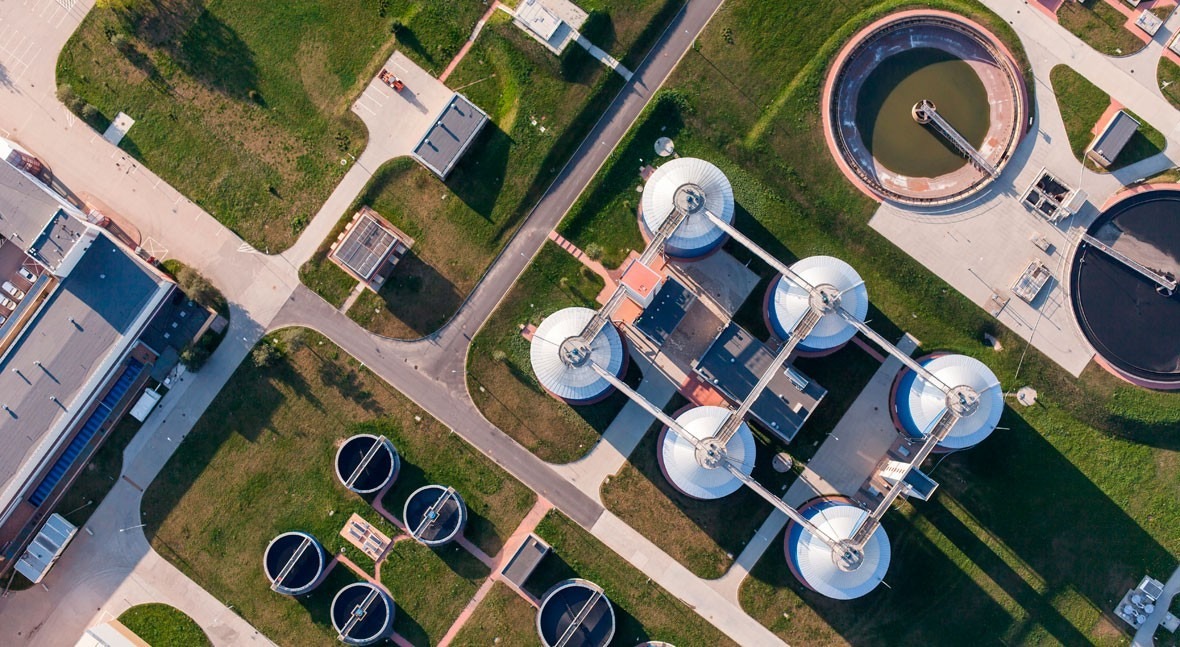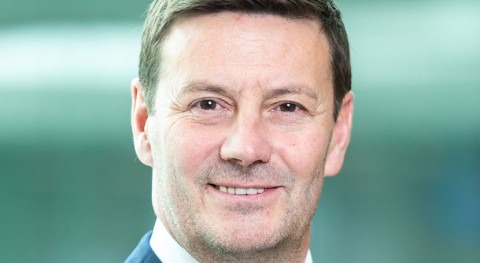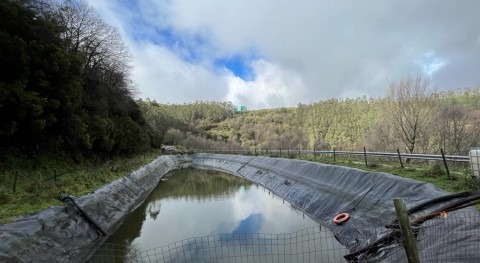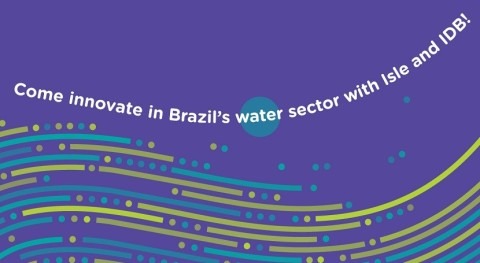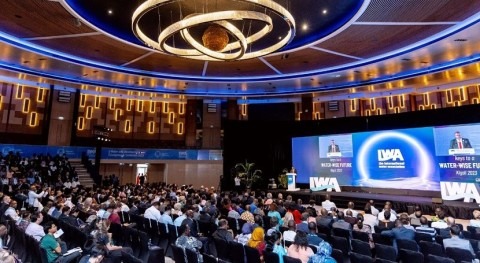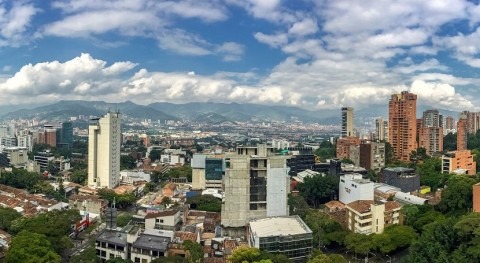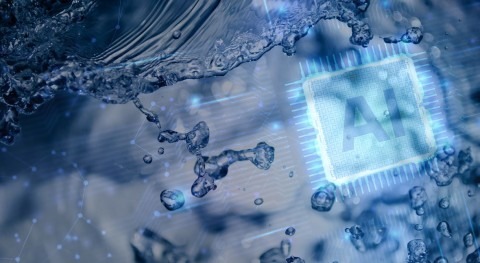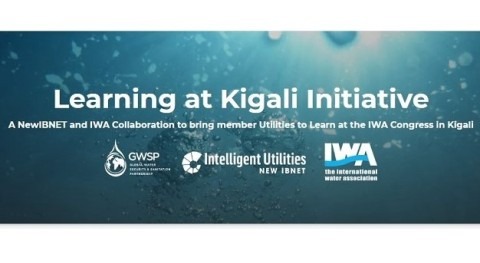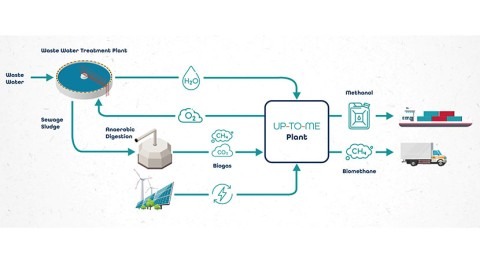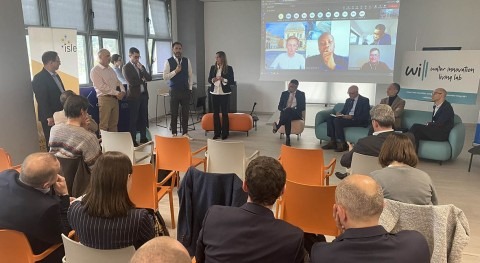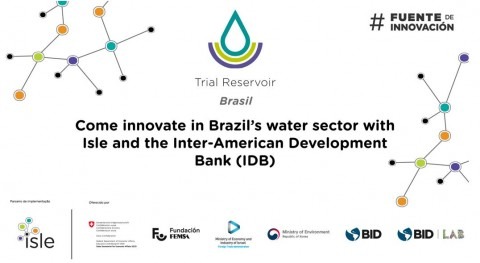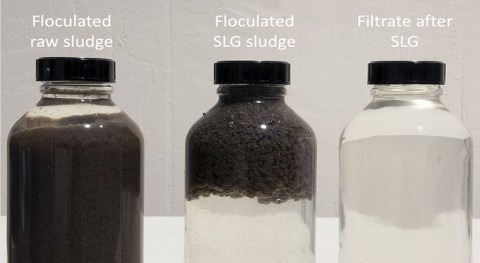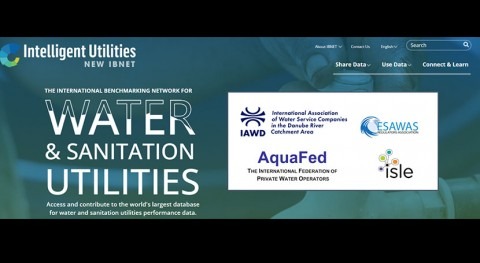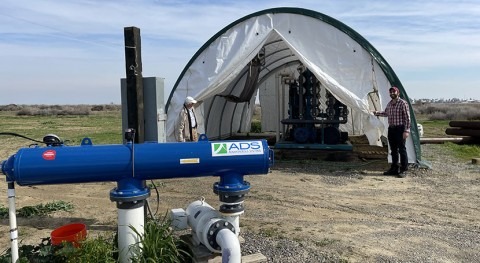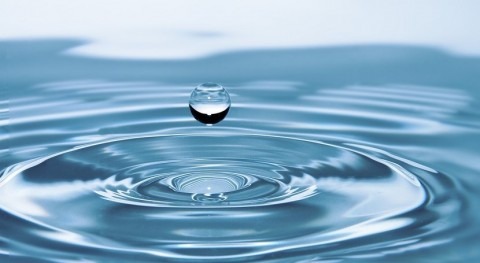It is undeniable that the water industry in Latin America requires more spaces for innovation that can foster a collaborative environment between companies, increasing opportunities for the exchange of knowledge and resources to facilitate the implementation of technological solutions to the challenges derived from water use in industry.
With circular economy articulating a debate that seeks to promote better industrial use of water and waste, on March 17 the global sustainability consultancy Isle Utilities organized an exclusive session for Latin American countries of its collaborative innovation program designed for industries in the water sector.
Víctor Arroyo, who leads business development efforts in Spain and Latin America and is in charge of the strategic relationship with International Financial Institutions, highlighted Isle's innovation ecosystem for the water industry. “Our 90 employees around the world ensure that our services revolve around the strategic identification, evaluation and implementation of emerging technologies and best practices for each customer in the water industry. The acceleration of its acceptance in the market occurs through our global innovation forum, the Industrial Technology Approval Group (iTAG) as well as through specific consulting projects”.
In a region where only 30% of wastewater receives adequate treatment but the maturation and adoption of new technologies are beginning to show promising advances to the detriment of traditional approaches, the role of institutions that catalyze innovation is essential to contribute not only to sustainability of companies, but also to reduce threats to water security in Latin America.
For this reason, the first edition of iTAG for Latin America presented four technological innovations with a circular economy approach for industrial activities of food and beverages, dairy, pharmaceuticals, biofuels and municipal public services.
Micro H2AD, from Lindhurst Engineering, was the first presentation of the meeting. With the capacity to transform organic waste and industrial effluents into gray water, biogas and biofertilizers, this system uses anaerobic digestion and micro-scale microbial fuel cells. Its advantages are notable: fast rate of anaerobic digestion, modular and scalable product, low maintenance cost compared to traditional anaerobic digestion system, attractive return on investment and high impact on reducing carbon footprint.
Martin Rigley, CEO of the company, described some successful cases of application of this technology in Europe and emphasized the importance of leaving behind the linear economy model and promoting a circular model that allows to reuse and recycle resources in a sustainable way.
Matías Amor, director and head of Latin America at Fibracast, described the FibrePlate Membranes for the treatment of industrial wastewater and its reuse through a membrane bioreactor (MBR), which comprises a modular design in cassettes that contain the membranes. Due to its compact design and high level of efficiency, it optimizes the use of industrial space compared to the traditional activated sludge system. Furthermore, Amor details "the latest generation membranes require less washing and save energy consumption".
Matthew Jones, regional director at DuPont's Desalitech, explained how the Closed Circuit Reverse Osmosis (CCRO) “reuses and purifies water according to operational conditions, reducing the need for constant expertise and maintenance, in addition to having a high water recovery rate (between 92% and 98%) and use less water and energy compared to traditional osmosis systems”.
Later, Analytical Technology presented Metrinet, a low-consumption multi-parameter water quality monitoring system that consists of a series of electrochemical and optical sensors, housed in a miniaturized, robust and waterproof body. The system can measure residual chlorine, turbidity, pH, conductivity, temperature, pressure, and dissolved oxygen, as well as collect data and manage information in the cloud.
Bessy Suton, sales manager for the region, specified the level of detail that Metrinet offers: “Sensor diagnostics clearly report potential problems and the timer alerts the user when calibration is due, while the internal clock records the total operating time on the sensor”.
The closing of the meeting made it possible to highlight the great challenge for organizations to identify adequate and structured resources to find technological solutions designed to their needs. In this sense, the TAG platform (which already has 154 members from around the world) continues to promote collaboration between companies to accelerate learning through collective experience.


